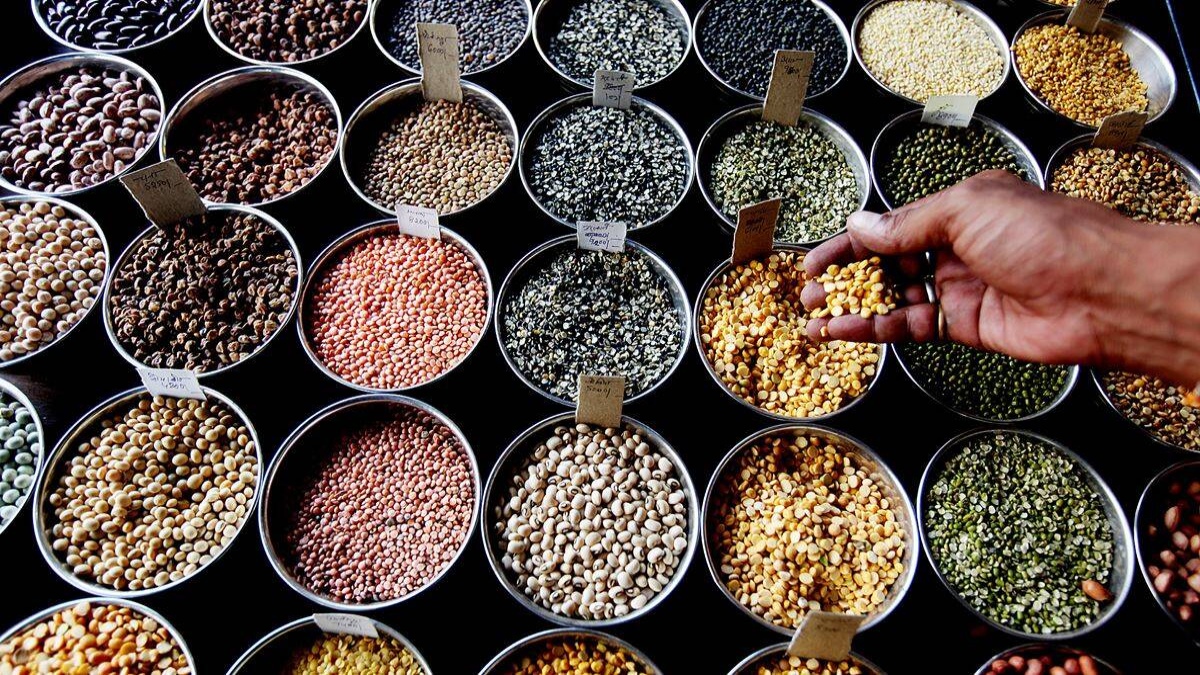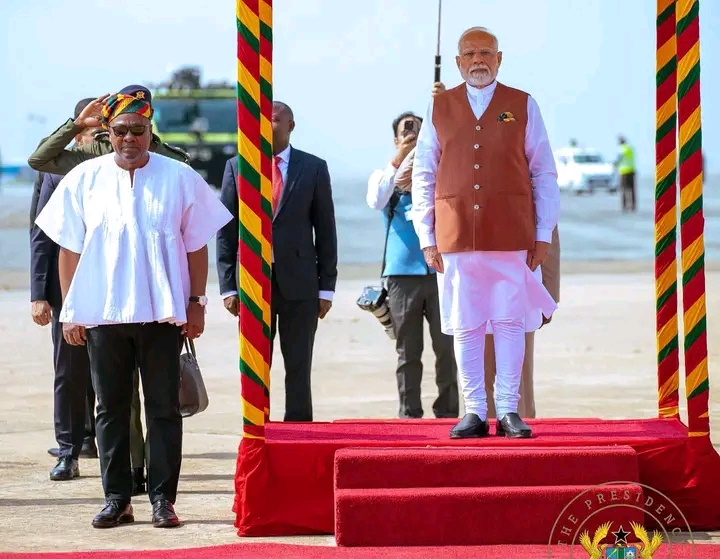By: Kekeli K. Blamey
Ghana’s essential commodity imports have declined by 2.5% to $2.66 billion in 2023, primarily due to the country’s struggles to advance its economy following an International Monetary Fund (IMF) intervention.
The country’s economy relies heavily on exports of primary commodities like gold, cocoa, and oil, while importing significant amounts of agricultural products, including wheat, poultry meat, soybeans, dairy products, vegetables, and fruit.
The IMF has approved a $3 billion Extended Credit Facility arrangement for Ghana to support the government’s Post COVID-19 Program for Economic Growth (PC-PEG), aiming to restore macroeconomic stability and debt sustainability.
This program includes wide-ranging reforms to build resilience and lay the foundation for stronger and more inclusive growth.
Some of the key policies under the authorities’ program include fiscal consolidation, structural reforms in tax policy, revenue administration, and public financial management, as well as steps to address weaknesses in the energy and cocoa sectors.
Monetary and exchange rate policies will also be adjusted to help bring inflation back to single digits and rebuild international reserves.
These reforms aim to preserve financial stability, encourage private investment and growth, and ultimately overcome Ghana’s economic challenges.






